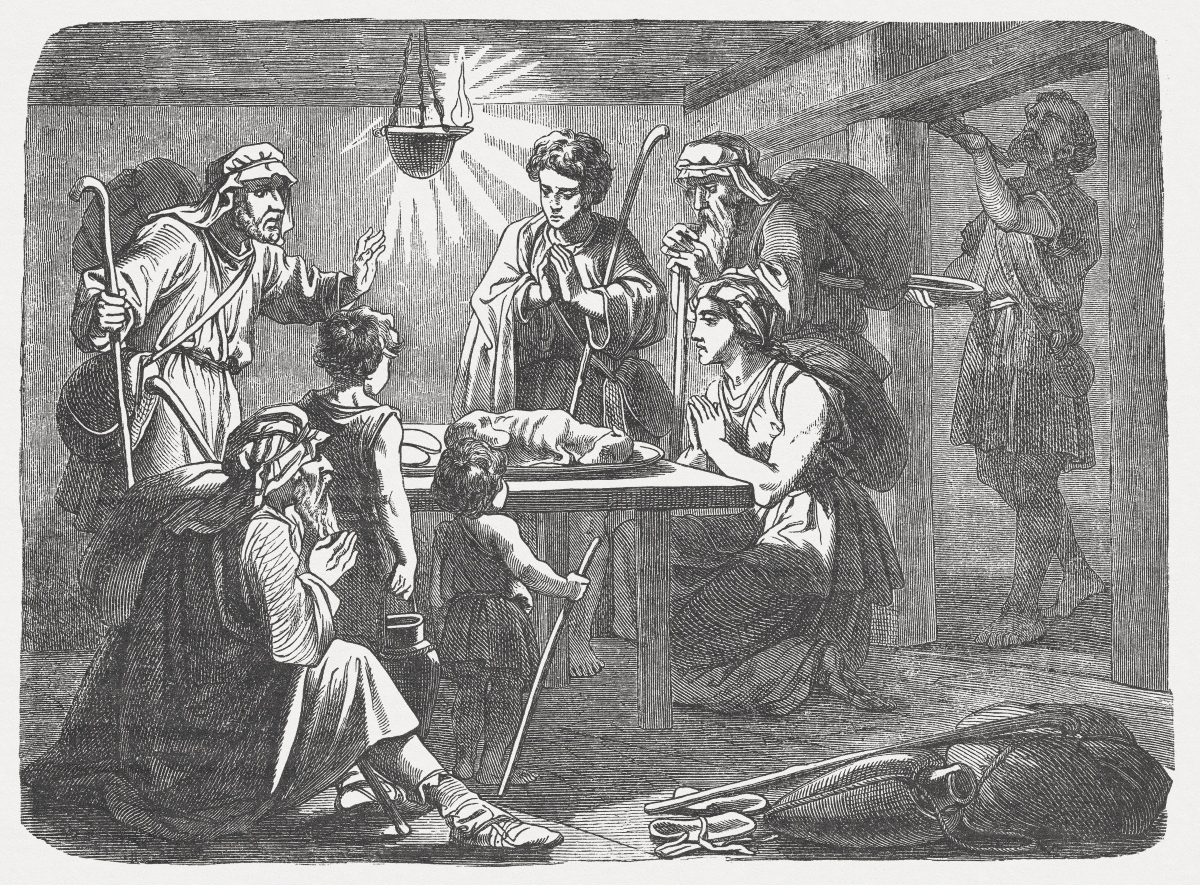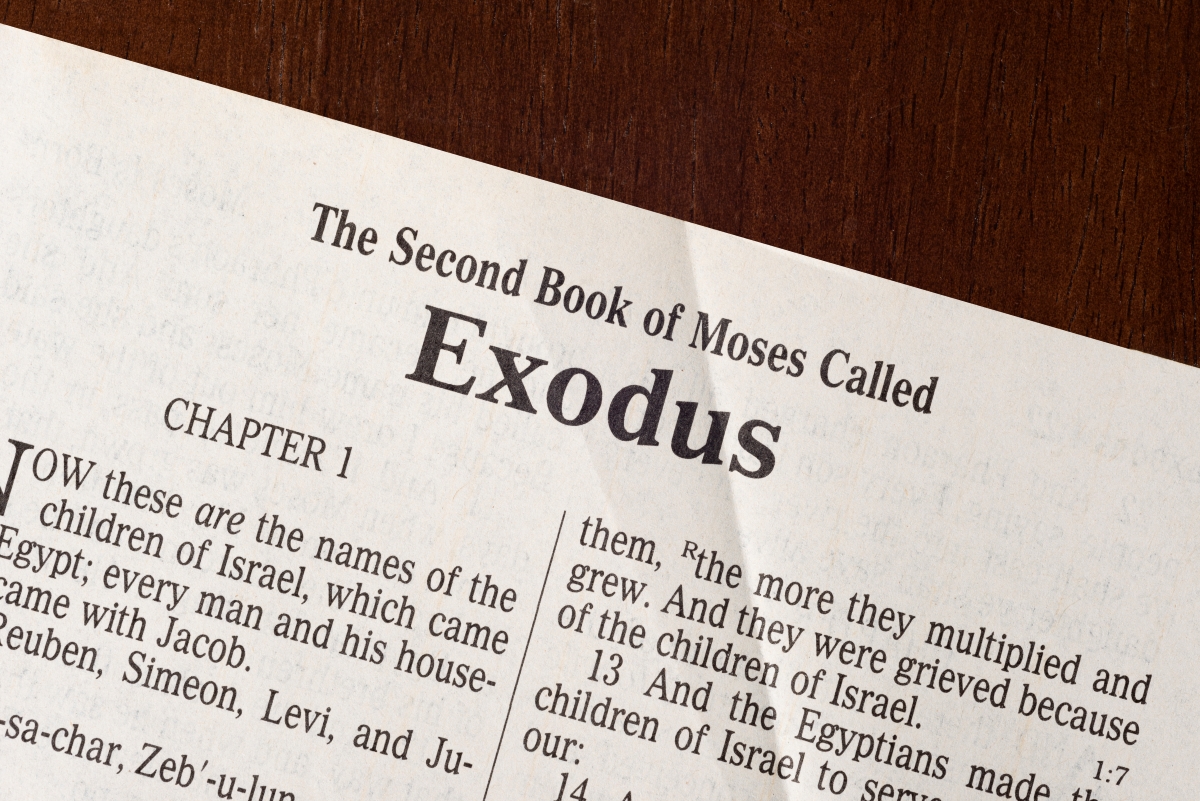Redemption in the Bible: Understanding God’s Saving Grace
May we continually explore and appreciate the depth and significance of redemption in our journey of faith.
In our quest for deeper meaning and purpose in life, we often turn to the Bible to provide hope, guidance, and clarity. One of the most profound and enduring themes in the Bible is that of redemption. Redemption represents God’s act of saving and delivering people from sin, evil, and death – it’s a concept woven throughout the Old Testament and also finds its fulfillment in the life, death, and resurrection of Jesus Christ in the New Testament.
In biblical terms, redemption refers to God’s act of purchasing or delivering people from bondage or captivity. It is a powerful expression of His love, grace, and mercy for humanity. Throughout Scripture, we encounter various images and metaphors that help us grasp the depth and richness of redemption. Exploring Redemption in the Bible: Understanding God’s Saving Grace will delve into its significance, explore its symbolism, and uncover its transformative power.
Redemption in the Old Testament

The concept of redemption is deeply rooted in the Old Testament, beginning with the Israelites’ deliverance from slavery in Egypt. This pivotal event foreshadows the ultimate redemption that would come through Jesus Christ. Through the Passover, God spared the Israelites from the final plague and led them out of Egypt, which symbolized their liberation from bondage.
In the book of Leviticus, the Israelites were given laws and regulations that emphasized the importance of redemption. The Year of Jubilee, occurring every 50 years, was a time when slaves were set free, debts were forgiven, and land was returned to its original owners. This practice underscored the idea that redemption involved not only the release from physical bondage but also the restoration of dignity, freedom, and inheritance.
Redemption in the New Testament

The New Testament reveals the ultimate act of redemption through the life, death, and resurrection of Jesus Christ. Jesus is described as the “Lamb of God” who takes away the sins of the world, offering Himself as a sacrifice to redeem humanity. His death on the cross becomes the payment, or ransom, that releases people from the power and consequences of sin.
The apostle Paul eloquently articulates the concept of redemption in his letters. In his letter to the Ephesians, he writes, “In him, we have redemption through his blood, the forgiveness of sins, in accordance with the riches of God’s grace” (Ephesians 1:7). Here, Paul emphasizes that redemption is not achieved through human effort but is a result of God’s grace and love.
The Symbolism of Redemption

Throughout the Bible, various stories and symbols provide deeper insights into the meaning of redemption. These narratives serve as powerful illustrations of God’s saving grace and the transformative power of redemption.
The Exodus: A Symbol of Redemption
The Exodus story, recounted in the book of Exodus, is a powerful symbol of redemption. The Israelites’ deliverance from slavery in Egypt serves as a metaphor for humanity’s liberation from the bondage of sin. As God led the Israelites through the Red Sea, parting the waters, they crossed from slavery to freedom. This miraculous event foreshadowed the redemption that would come through Jesus Christ, who leads us from darkness to light, from death to life.
The Sacrificial System: A Foreshadowing of Redemption
In the Old Testament, the sacrificial system played a crucial role in pointing forward to the ultimate act of redemption through Jesus Christ. Animal sacrifices were offered as atonement for sin, symbolizing the need for a perfect sacrifice to cleanse humanity from its sins. These sacrifices served as a temporary solution, anticipating the day when Jesus would offer Himself as the perfect, once-for-all sacrifice to redeem humanity fully. Click here for an in depth breakdown of sacrifice in the Old Testament.
The Resurrection: Victory Over Death
The resurrection of Jesus is the pinnacle of redemption. Through His death and resurrection, Jesus conquered sin, evil, and death, offering eternal life to all who believe in Him. The resurrection symbolizes the triumph of light over darkness, life over death, and hope over despair. It is the ultimate expression of God’s redemptive power and His promise of new life.
The Transformative Power of Redemption

Embracing the concept of redemption can have a profound impact on our lives, by offering hope, forgiveness, and the promise of a restored relationship with God. Key implications of redemption for our lives today include:
1. Freedom from Sin’s Power
Redemption frees us from the enslaving power of sin. In our natural state, we are held captive by sin and separated from God. Through the redemption offered by Jesus Christ, we are set free from the power and consequences of sin. As the apostle Paul writes in Colossians 1:13-14, “He has delivered us from the domain of darkness and transferred us to the kingdom of his beloved Son, in whom we have redemption, the forgiveness of sins.”
2. Restored Identity and Purpose
Redemption restores our identity as children of God and gives us a renewed sense of purpose. We are no longer defined by our past mistakes or the bondage of sin. Instead, we are adopted into God’s family and given a new identity in Christ. This new identity empowers us to live a life of purpose, service, and love.
3. Experience of God’s Grace and Love
Redemption allows us to experience the depth of God’s grace and love. It is through His redemptive work that we can fully grasp the extent of His love for us. As we embrace His redemption, we are filled with gratitude and a desire to share His love with others.
4. Hope for the Future
Redemption offers hope for the future. It assures us that this life is not the end but the beginning of an eternal journey with God. The promise of resurrection assures us that we will be transformed and reunited with God in His eternal kingdom.
Conclusion
From the Old Testament to the New Testament, we see the symbolism, foreshadowing, and ultimate fulfillment of redemption through Jesus Christ. Understanding and embracing redemption can bring transformative change to our lives, offering freedom from sin’s power, a restored identity and purpose, an experience of God’s grace and love, and hope for the future.
SKM: below-content placeholderWhizzco for FHB

